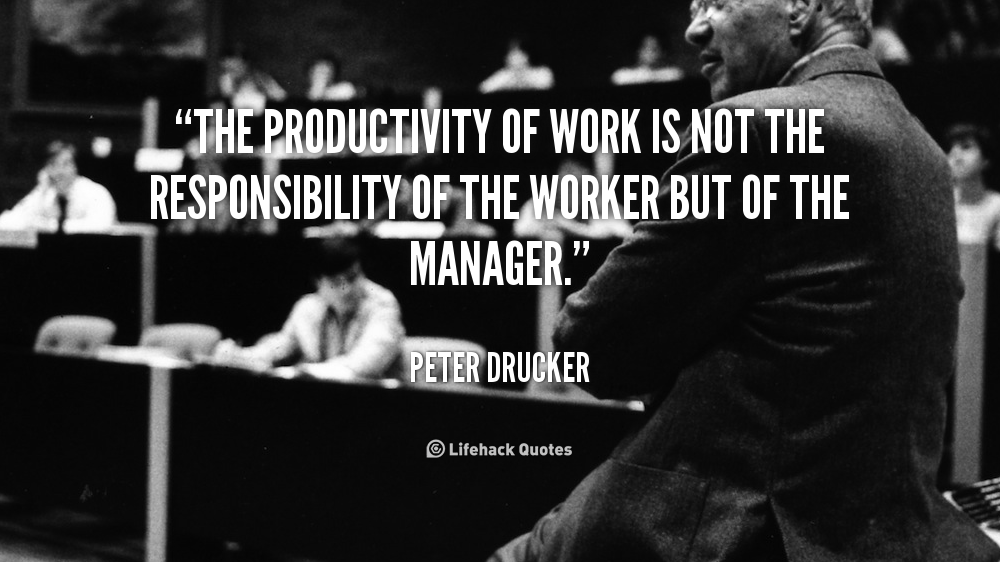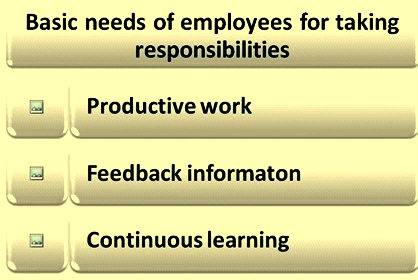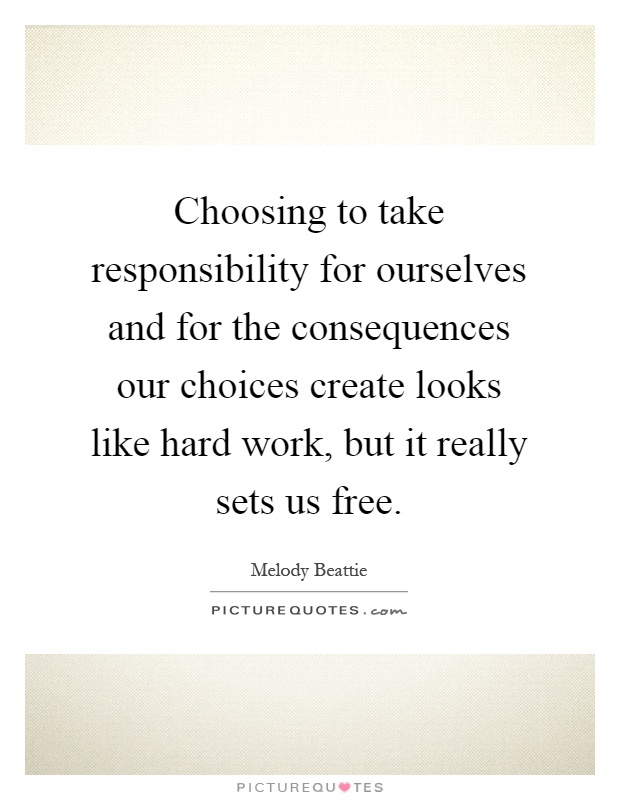Getting The Writing an Effective Job Description - Human Resources To Work
Today's office is arguably more interconnected than ever. What you do might not just impact your own productivity, efficiency, and success, but your colleagues, teammates, bosses, clients, and so forth. For Look At This Piece , it is imperative that you take duty for your actions and keep a high level of personal responsibility even in the face of failure.


Is it worth it? Absolutely. In the following short article, you will find what it suggests to take duty for your actions, examples of taking obligation at work, and the key aspects that affect one's possibility of doing so. Taking obligation for your actions requires the realization that you play a part in every situation or experience and therefore, have some degree of responsibility over the outcomes or repercussions.

The Operation You: Taking Personal Responsibility - Whole Life Ideas
It means that your first reaction when a mistake is made or a dispute occurs, isn't to blame others, make excuses, twist the truths, or flat out lie. Rather, you swiftly acknowledge there is a problem, recognize your function in it, and carry out an action strategy to minimize (or totally remove) the opportunities of it occurring once again.

Here is what that may look like in action on the job: You recognize and own up to your part of what is happening If your message is hurtful to somebody, you are prepared to analyze how your communication might have been destructive You do not blame others when you're at fault You don't make reasons for why things are happening You do not pawn off all the duty (or all the failure) onto your team or secondary If you continuously miss out on due dates or vital job criteria, you do not pretend that it is all out of your control If your employee or group is stopping working, you do not stick head in the sand and remain in denial - you proactively do something about it If your relationships are failing, you're open to seeing how you're contributing to (and even exacerbating) the obst
